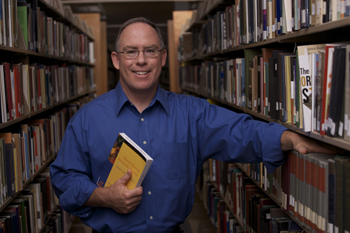April 09, 2013
March 28, 2013
Covenant, Community, and the New Commandment
March 20, 2013
Rev. Sirico: Option for the Poor Not Neccessarily an Option for the State
March 13, 2013
Charlie Self on Spiritual Empowerment in Work and Economics
AEI’s Values & Capitalism recently posted an interview with Dr. Charlie Self, professor at Assemblies of God Theological Seminary and senior advisor for the Acton Institute. In the last few weeks, I’ve posted several excerpts from Self’s new book, Flourishing Churches and Communities: A Pentecostal Primer on Faith, Work, and Economics for Spirit-Empowered Discipleship, which he discusses at length in the interview. Continue Reading...
March 08, 2013
Integrating Faith, Work, and Economics by the Power of the Holy Spirit
March 07, 2013
Orthodoxy and Natural Law: A Reappraisal
March 05, 2013
Lecrae Urges Christians to Move Beyond a ‘Sacred-Secular Divide’
February 27, 2013
Legal Constraint and True Liberty
February 27, 2013
Human Flourishing: Seeking More For The Oppressed
February 25, 2013
